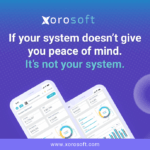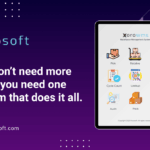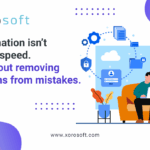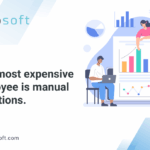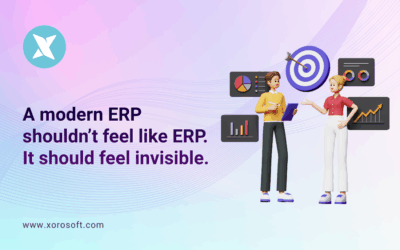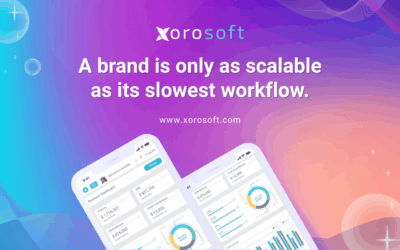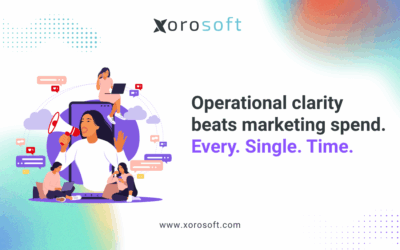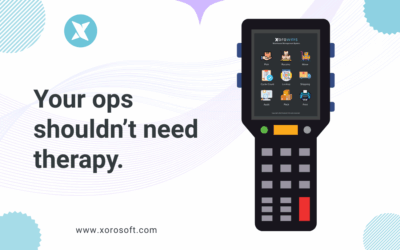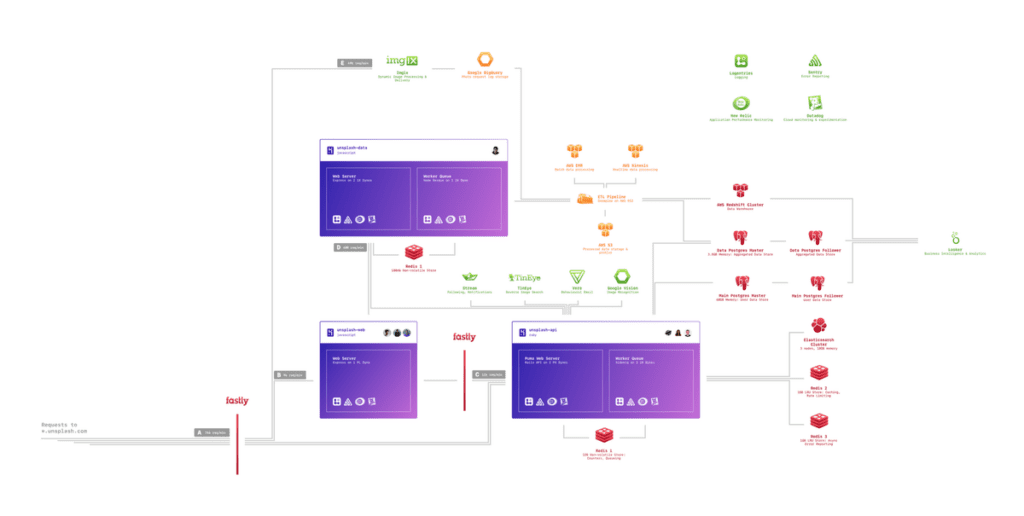
Introduction to ERP Systems
Enterprise Resource Planning (ERP) systems are the backbone of modern businesses, providing a centralized platform for managing critical functions such as accounting, inventory, supply chain, and human resources. These integrated software solutions have evolved significantly over the years, offering organizations the ability to streamline operations, improve decision-making, and drive overall business growth.
Understanding XoroERP and its features
XoroERP, our flagship ERP solution, is designed to cater to the diverse needs of businesses across a wide range of industries. Built on a robust and scalable architecture, XoroERP offers a comprehensive suite of features that include financial management, inventory control, project management, and customer relationship management, among others. By providing a unified view of your business data, XoroERP empowers you to make informed decisions and optimize your operations.
The importance of integrating third-party systems with XoroERP
In today’s dynamic business environment, organizations often rely on a variety of specialized third-party applications to support their unique operational requirements. These may include inventory management systems, customer relationship management (CRM) tools, e-commerce platforms, or specialized industry-specific software. Integrating these third-party systems with your XoroERP solution is crucial for achieving a seamless, end-to-end workflow and unlocking the full potential of your business data.
Benefits of integrating an Inventory Management System with XoroERP
One of the key benefits of integrating a third-party Inventory Management System (IMS) with XoroERP is the ability to maintain accurate and real-time inventory levels across your organization. By synchronizing your inventory data between the two systems, you can ensure that your ERP system always reflects the current stock levels, enabling better decision-making and preventing stockouts or overstock situations. Additionally, this integration streamlines the order fulfillment process, improving customer satisfaction and reducing operational costs.
Streamlining accounting processes with XoroERP
Accurate and timely financial reporting is essential for the success of any business. By integrating your accounting systems with XoroERP, you can automate various financial processes, such as invoicing, accounts receivable, and accounts payable. This not only enhances the accuracy of your financial data but also frees up your accounting team to focus on strategic initiatives, rather than manual data entry and reconciliation tasks.
Exploring different third-party systems compatible with XoroERP
XoroERP is designed to seamlessly integrate with a wide range of third-party systems, allowing you to tailor your ERP solution to your specific business needs. Some of the popular third-party systems that can be integrated with XoroERP include:
- Inventory Management Systems (e.g., Fishbowl, Cin7, Zoho Inventory)
- Customer Relationship Management (CRM) tools (e.g., Salesforce, HubSpot, Zoho CRM)
- E-commerce platforms (e.g., Shopify, WooCommerce, Magento)
- Payroll and HR management systems (e.g., Gusto, Paychex, ADP)
- Business Intelligence and analytics tools (e.g., Power BI, Tableau, Qlik)
By leveraging these integrations, you can create a comprehensive and interconnected system that streamlines your business processes and provides a 360-degree view of your operations.
How to integrate third-party systems with XoroERP
Integrating third-party systems with XoroERP can be a seamless process, thanks to our robust integration capabilities. We offer a variety of integration methods, including:
- API-based integration: XoroERP provides a well-documented API that allows you to connect with other systems and exchange data in real-time.
- Data import/export: You can easily import and export data between XoroERP and your third-party systems using CSV or Excel files.
- Middleware solutions: For more complex integrations, we can leverage industry-leading middleware platforms, such as Zapier or Dell Boomi, to facilitate the data exchange between XoroERP and your other business applications.
Our experienced integration team will work closely with you to understand your specific requirements and develop a tailored integration solution that meets your needs.
Best practices for successful integration
To ensure a successful integration of third-party systems with XoroERP, we recommend following these best practices:
- Define your integration requirements: Clearly identify the data, processes, and workflows that need to be synchronized between your ERP system and the third-party applications.
- Prioritize your integrations: Determine which integrations are the most critical for your business operations and focus on those first.
- Ensure data quality and consistency: Establish data governance policies and processes to maintain the integrity of your data across all integrated systems.
- Test and validate your integrations: Thoroughly test your integrations before deployment to identify and address any issues or discrepancies.
- Continuously monitor and optimize: Regularly review the performance of your integrated systems and make adjustments as needed to ensure optimal efficiency.
Common challenges and solutions in integrating third-party systems with XoroERP
While integrating third-party systems with XoroERP can bring significant benefits, it may also present some challenges. Some common challenges and their corresponding solutions include:
- Data compatibility issues: Ensure that the data formats and structures between your ERP system and the third-party applications are aligned, or develop appropriate data transformation and mapping processes.
- Integration complexity: For more complex integrations, consider leveraging middleware solutions or engaging with our experienced integration team to design and implement a robust integration architecture.
- Maintenance and updates: Establish a clear process for managing updates and changes to the integrated systems, ensuring that the integrations remain functional and up-to-date.
- User adoption and training: Provide comprehensive training to your employees on the integrated systems and processes to ensure seamless user adoption and maximum utilization of the integrated solution.
The future of integrated ERP solutions – Xorosoft’s vision
At Xorosoft, we believe that the future of ERP systems lies in their ability to seamlessly integrate with a wide range of third-party applications and technologies. As businesses continue to embrace digital transformation, the need for a flexible, scalable, and future-proof ERP solution will only grow.
Our vision for XoroERP is to be the centerpiece of a comprehensive, interconnected ecosystem that empowers our clients to leverage the latest innovations and stay ahead of the curve. By continuously enhancing our integration capabilities and forging strategic partnerships with leading technology providers, we are committed to delivering a truly future-proof ERP solution that can adapt and evolve alongside your business.
Conclusion: The Future-Proof Approach to ERP System Integration
In today’s dynamic business landscape, the integration of XoroERP with third-party systems is no longer a nice-to-have, but a necessity for organizations seeking to future-proof their operations. By leveraging the power of seamless integrations, you can unlock the full potential of your business data, streamline your workflows, and gain a competitive edge in the market.
